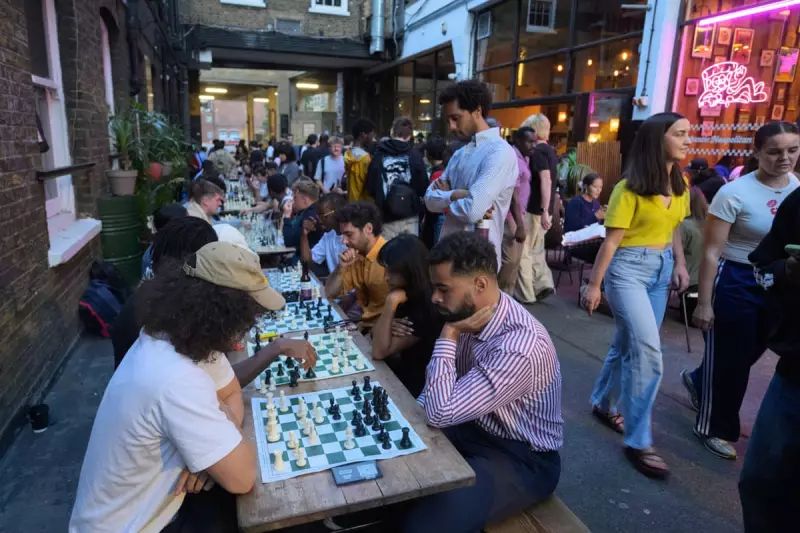
Across Britain's urban landscapes, a quiet revolution is taking place—one move at a time. Youth chess clubs in London and Birmingham are experiencing an unprecedented surge in popularity, transforming from niche gatherings into vibrant community hubs that are captivating a new generation.
The New Face of Urban Chess
Forget dusty libraries and silent rooms—today's chess clubs are dynamic spaces buzzing with energy. In neighbourhoods across London and Birmingham, young players are gathering in cafes, community centres, and dedicated chess venues, bringing fresh life to the ancient game.
What's driving this renaissance? Club organisers point to a perfect storm of factors: the pandemic's legacy of seeking meaningful social connections, the cultural impact of Netflix's 'The Queen's Gambit', and a growing recognition of chess's cognitive benefits for developing minds.
More Than Just Moves on a Board
These clubs represent something far greater than mere game nights. They've evolved into crucial social ecosystems where young people build confidence, develop critical thinking skills, and form lasting friendships across cultural divides.
"It's not really about chess," explains one London club founder. "It's about creating a space where young people feel they belong. The chess is just the vehicle that brings them together."
Building Communities Beyond the Board
The success of these clubs lies in their community-first approach. Many have expanded their offerings to include:
- Mentorship programmes pairing experienced players with newcomers
- Inter-school tournaments fostering healthy competition
- Workshops on strategy and sportsmanship
- Social events that extend beyond the chessboard
In Birmingham, organisers have noticed particularly strong engagement from diverse communities, with clubs becoming melting pots where cultural barriers dissolve over shared strategic challenges.
The Future Looks Strategic
As participation continues to grow, club leaders are looking to the future with ambitious plans. There's talk of expanding to more neighbourhoods, developing structured progression pathways for serious players, and creating more competitive opportunities for those who want to test their skills.
The movement shows no signs of slowing down. With waiting lists growing and new clubs forming regularly, it seems Britain's urban youth have found their checkmate to boredom and isolation—one strategic move at a time.





